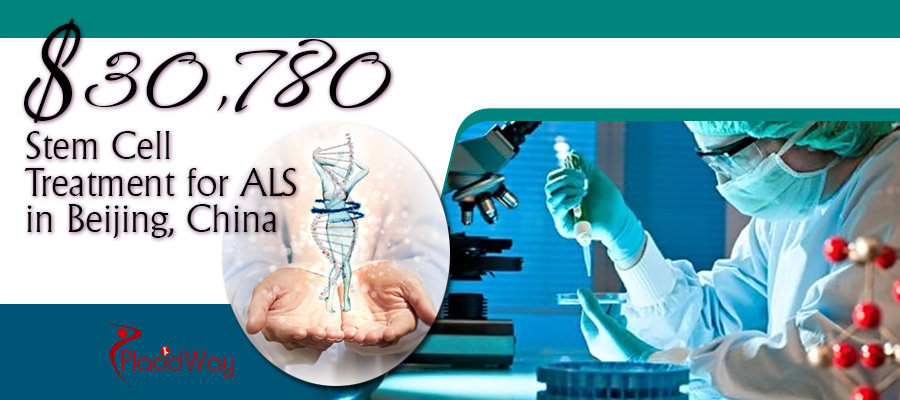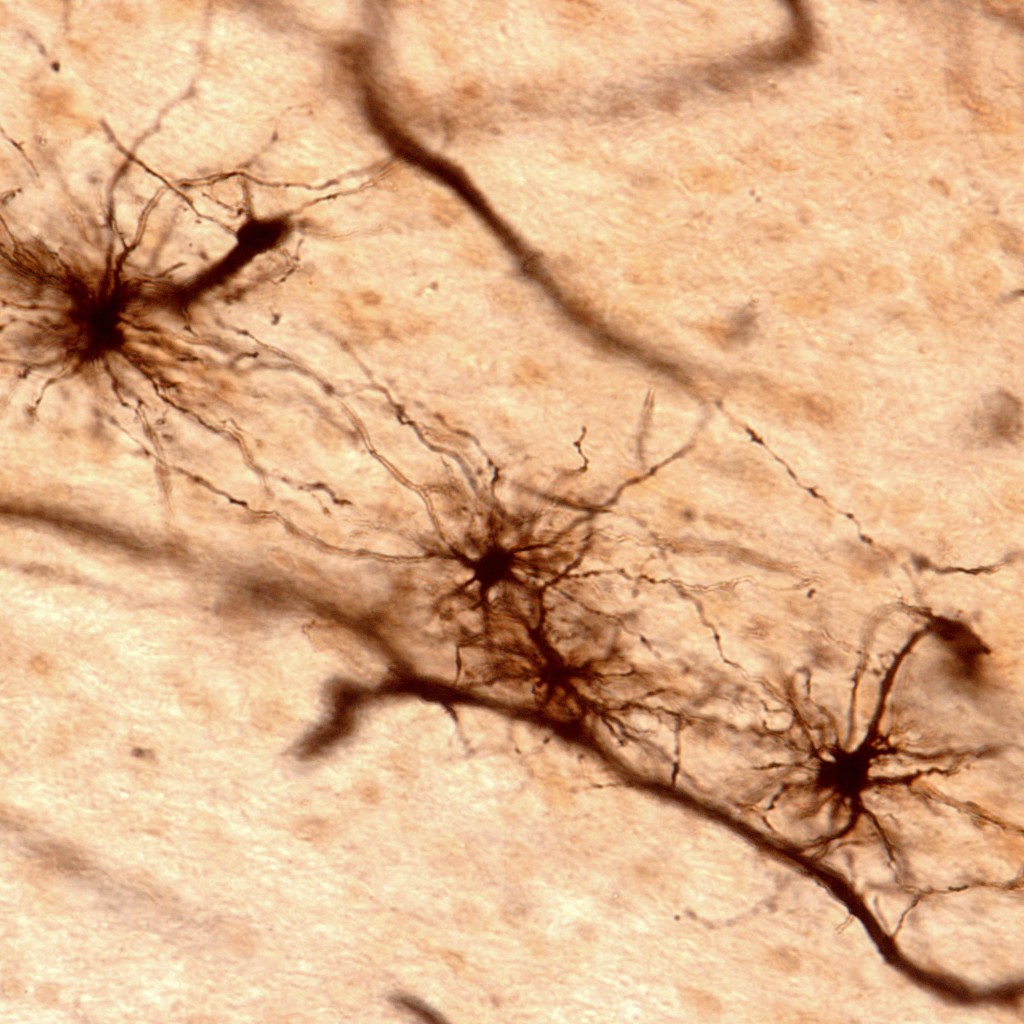

Other companies have pressed on with their ALS drug R&D.

Later that year, South San Francisco-based Cytokinetics announced that its ALS drug tirasemtiv failed a Phase 3 study. In 2017, the agency approved edaravone, an infused therapy developed by Mitsubishi Tanabe Pharma America. For decades, the only treatment was riluzole, a now generic drug that was approved to slow the progression of the disorder.
#Stem cell treatment for als trial
The FDA said that if Brainstorm plans another study of NurOwn, the agency will work with the company on those clinical trial plans.ĪLS continues to be a challenging disease for drug developers. The door remains open for more testing to learn more. But the FDA did note that more people died treatment in the treatment group, though it’s unclear why. The agency made no mention of the subgroup analysis highlighted by Brainstorm. “The 4.9% absolute difference in responders was not at all statistically significant, and the small difference between the two groups was most likely due to chance,” the FDA said. Whereas Brainstorm said 34.7% of patients who received the therapy responded to the treatment, the FDA listed 32.6% of patients as responders. The FDA announcement also highlighted a discrepancy between patients identified as responders. The data do not support the position that patients benefit from the therapy, as none of the primary or secondary goals of the study were met, the agency said. On Tuesday, the FDA issued a statement that left little room for interpretation. But the company went on to say that the agency “advised that this recommendation does not preclude Brainstorm from proceeding with a BLA submission.” Last week, Brainstorm issued an announcement acknowledging that the FDA concluded the current data do not meet the threshold of evidence that would support a Biologics Licensing Application (BLA) seeking regulatory approval. Those signs were not observed in the placebo group. The company added that analysis of cerebrospinal fluid confirmed a statistically significant increase in the growth factors for nerves, as well as a reduction in the biological indicators of neurodegeneration and inflammation. The company reported that 34.6% of those given the treatment met the study’s main goal, compared to 15.6% of those given the placebo.

Brainstorm interpreted those results as a high placebo response that exceeded placebo responses observed in other ALS studies.īrainstorm also pointed to a subgroup of patients that showed improvement that was “clinically meaningful” compared to those given a placebo. While the company stated that 34.7% of patients who received the stem cell therapy showed a numerical improvement according to the rating scale, that change was not enough to distance itself from the 27.7% in the placebo group who also achieved the study goal. In preliminary results announced last November, Brainstorm acknowledged that the study did not meet the main goal.

The main goal was to show a change in the rate of decline over 28 weeks, measured according to a rating scale used to assess physical function in ALS patients. Those stem cells are injected into a patient’s cerebrospinal fluid.īrainstorm evaluated NurOwn in a double-blind Phase 3 study enrolling 189 patients randomly assigned to receive the experimental treatment or a placebo. According to Brainstorm, these cells release growth factors-proteins that stimulate growth-that support neurons and improve neurological function. The company then isolates mesenchymal stem cells and multiplies those cells in a lab. NurOwn is made by harvesting stem cells from a patient’s bone marrow. On Twitter threads and YouTube videos, ALS patients and advocates have been calling on the FDA to approve NurOwn, the stem cell treatment in clinical development by New York-based Brainstorm. The FDA’s comments come as a public campaign mounts in support of the experimental treatment (and in condemnation of the FDA).


 0 kommentar(er)
0 kommentar(er)
